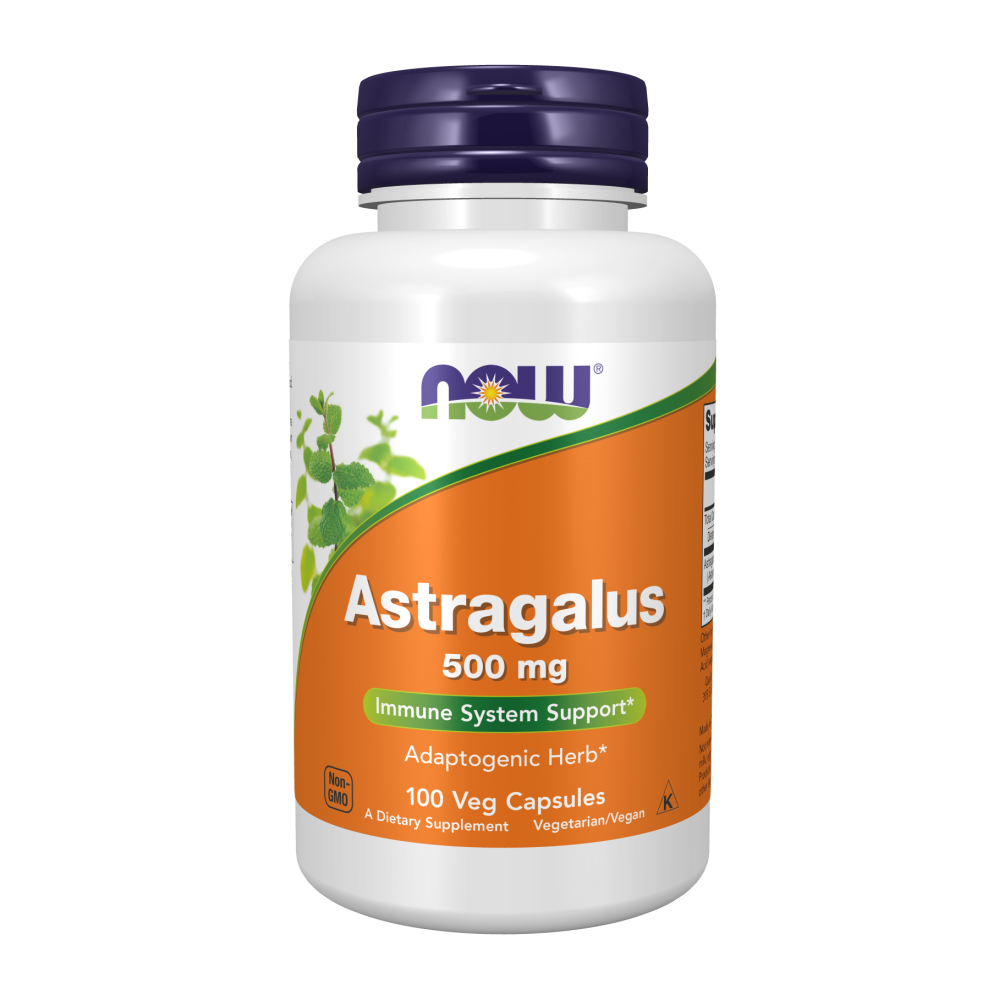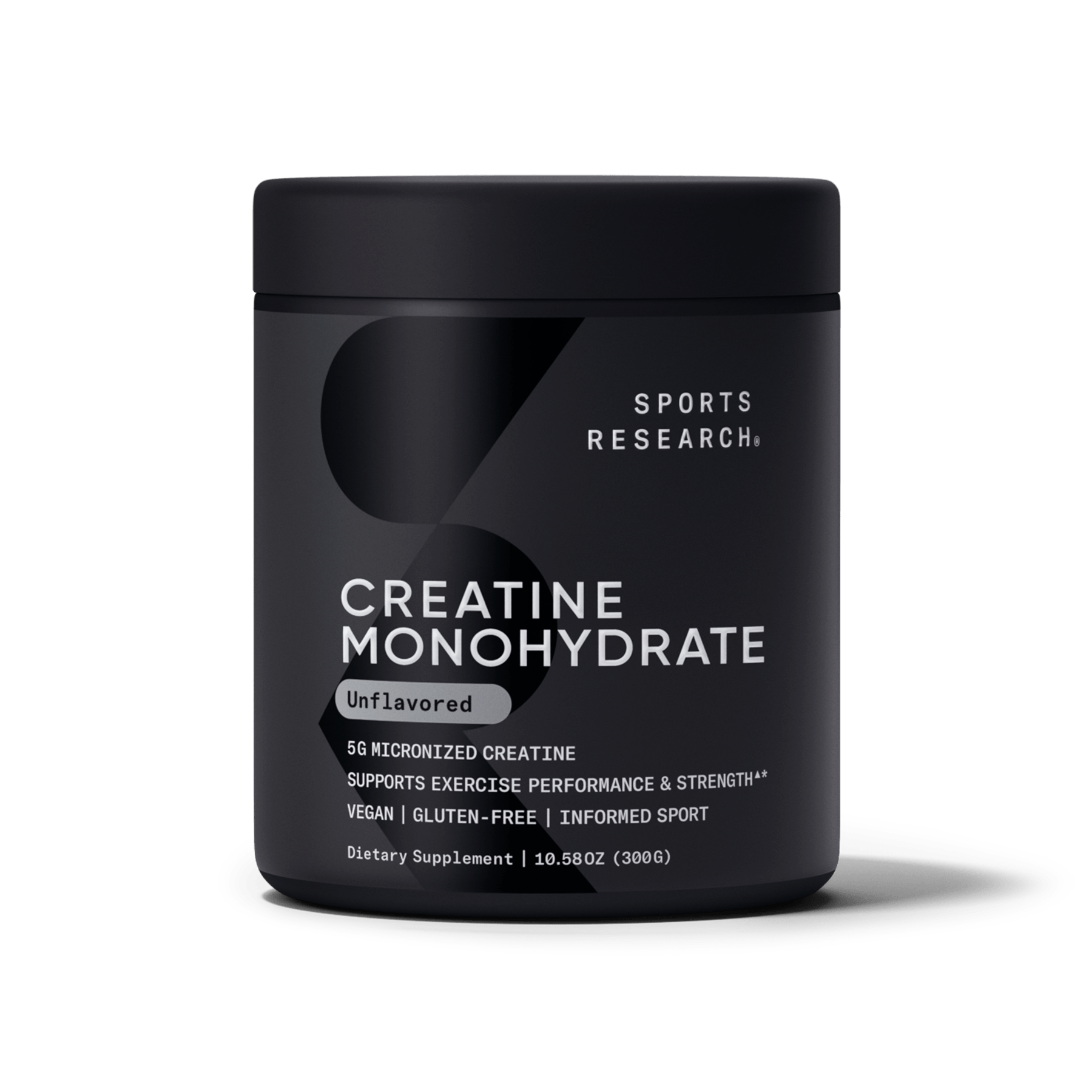 If you’ve ever felt your hands shaking before you have to give a speech, or had your skin breakout during a stressful exam season, you know that stress can have a direct impact on your physical body. However, stress – especially chronic, long-term stress – can also cause more long-term, detrimental effects on your body as well.
If you’ve ever felt your hands shaking before you have to give a speech, or had your skin breakout during a stressful exam season, you know that stress can have a direct impact on your physical body. However, stress – especially chronic, long-term stress – can also cause more long-term, detrimental effects on your body as well.
Let’s take a look at a few ways stress makes an impact on your physical body, and what you can do to help cope with its effects.
WHAT IS STRESS?
Put simply; stress is the way your body responds to a challenging situation. These situations include everything from sudden danger, to an ongoing problem. When your body feels stress, it releases hormones. This process starts when the central nervous system fires up in response to a stressful situation. The hypothalamus in the brain sends a message to your adrenal glands to release stress hormones cortisol and adrenaline. Your body responds by sending blood to where it is needed, including the heart and muscles. When the stress is gone, your central nervous system returns to its normal state. If the stress doesn’t go away, your body experiences chronic stress.
HOW STRESS AFFECTS YOUR PHYSICAL HEALTH
Your body is well-equipped to handle stress in small doses, and some stress can even help you reach your full potential. For example, before a big test you may feel stressed, during which your body releases a rush of adrenaline. This adrenaline rush helps the body prepare for what’s about to happen, while helping to ensure you are alert and ready for the test. However, when stress is long-term or chronic, it can have severe effects on your physical health.
STRESS & IMMUNE SYSTEM HEALTH
Your immune system is your body’s defense against harmful antigens, and when stressed, its ability to do this is reduced. The stress hormone corticosteroid can suppress the immune system’s effectiveness by lowering the number of T and B cells.
Stress can also have an indirect effect on the immune system by promoting unhealthy habits like smoking or neglecting sleep, which ultimately affects the immune system’s health.[1]
SUPPLEMENTS FOR STRESS
SolgarⓇ B-Complex with Vitamin C Stress Formula**: A healthy nervous system is essential for managing a healthy response to occasional stress. Vitamins B1, B2, B3, B6, and B12 help to maintain a healthy nervous system and provide nourishment for the occasional stress of daily living. Our formula also includes 500 mg of vitamin C to help support a healthy immune system*.
SolgarⓇ Magnesium Citrate Tablets**: Magnesium citrate helps with occasional stress.* Hormones released during stress have been shown to promote urinary excretion of magnesium. Low levels of magnesium can then in turn, promote the release of stress hormones. SolgarⓇ Magnesium Citrate Tablets provide 420 mg of magnesium per serving and are vegan, non-GMO, and gluten-free.
SolgarⓇ 5-HTP 100 mg**: 5-HTP is a precursor to serotonin, known as the “happy chemical” because it plays a role in mood. Each serving combines the calming effects of 5-HTP to promote a calm and relaxed mood, vitamin B6 to support nervous system health, magnesium for its involvement in nerve impulses, and valerian root extract.*
SolgarⓇ Stress & Anxiety Relief Tablets**: This herbal-based formula combines KSM-66Ⓡ Ashwagandha, the most clinically-studied form of this herb, with affronⓇ Saffron, which is clinically-studied to help maintain a positive mood and support emotional wellbeing.†*
Together, these clinically studied ingredients bring you stress relief that is grounded in Traditional Ayurvedic practice.*
SolgarⓇ Triple Action Sleep Tri-Layer Tablets: This unique, tri-layered tablet leverages time-release technology which allows each layer to dissolve at different times throughout the night. Featuring melatonin to help you fall asleep faster and stay asleep longer, L-theanine to support a calm and relaxed mood, and a nighttime herbal blend which includes chamomile, lavender, lemon balm, and valerian root extract.*
MORE TIPS FOR MANAGING STRESS
The not-so-good news: stress is normal, and there is no way to avoid it entirely. However, the good news is that there are many ways to deal with stress and manage its effects.
Here are a few:
EXERCISE REGULARLY
Engaging in regular physical activity can not only help your physical body stay healthy, but it can benefit your emotional and mental health as well. When you exercise, the brain releases endorphins that improve your mood, as well as dopamine, norepinephrine, and serotonin – brain chemicals that regulate your mood.
CONNECT WITH SUPPORTIVE PEOPLE
Talking to someone about your problems, whether it is a licensed therapist or a trusted friend or family member, can help relieve stress. Don’t be afraid to ask for help or let others know when you’re struggling, as people often want to help, but they may not know how.
GET ADEQUATE SLEEP
When stressed, sleep is often the first thing to be affected. However, a good night’s sleep is one of your most powerful ways to combat the physical and emotional effects of stress. Learn more about the science behind sleeping when stressed here.
PRACTICE MEDITATION OR YOGA
We can’t all be yogis, but the good news is that you don’t have to be a professional to reap the benefits of meditation or yoga. Simply setting aside ten minutes a day to practice deep breathing or stretching can help ease your mind and body.
WRITE IN A JOURNAL
Journaling can help increase self-awareness and help you process the things which are causing you stress. You can simply write down the things you feel as they come to you or follow guided journal prompts.
SUMMING UP
Stress can affect many areas of your physical health, including your muscles and joints, gut, heart, and immune system. And while some stress levels are natural and expected, it is essential to learn effective coping techniques to keep your stress levels in check. Supplements along with stress-reducing habits like journaling or meditation, are great ways to cope with stress.
For more information on the latest Solgar products and exclusive deals, sign up for our monthly newsletter!
*These statements have not been evaluated by the Food and Drug Administration. These products are not intended to diagnose, treat, cure, or prevent any disease.
**The Solgar stress support products mentioned in this article are not intended to support the immune system. If you would like to explore immune supporting supplements from Solgar, please visit this page of the website.
†Based on one double blind placebo controlled study in adults.
The information provided on this site is intended for your general knowledge only and is not a substitute for professional medical advice or treatment for specific medical conditions. Always seek the advice of your physician or another qualified healthcare provider with any questions you may have regarding a medical condition. The information on this website is not intended to diagnose, treat, cure, or prevent any disease. Never disregard medical advice or delay in seeking it because of something you have read on the Solgar® site.





